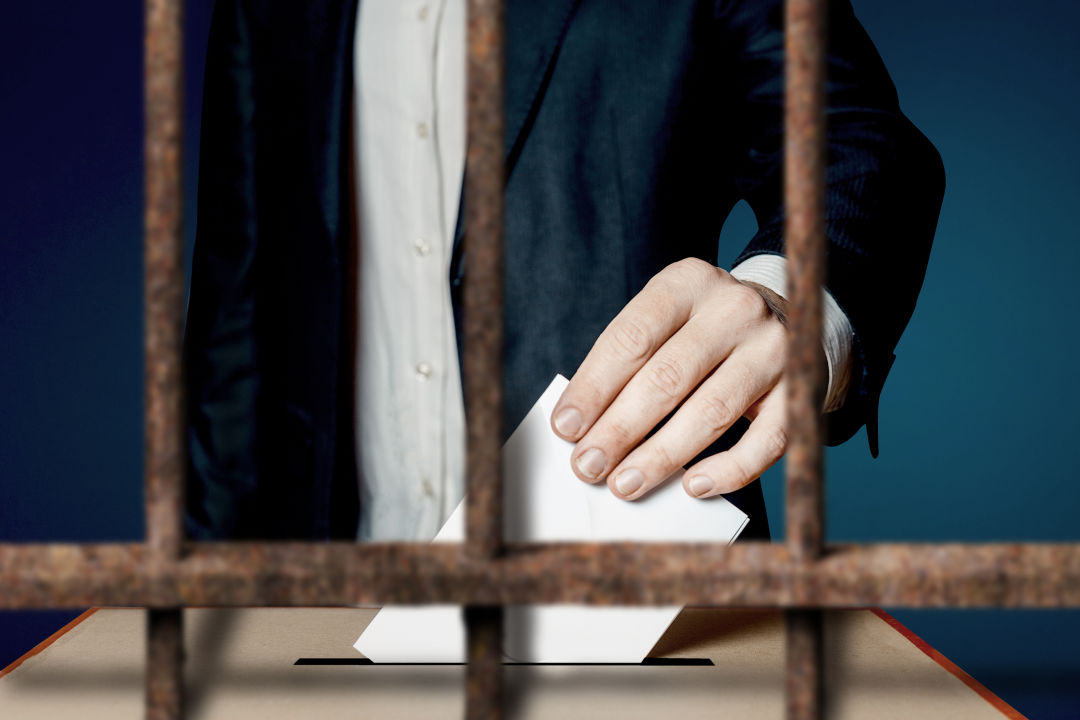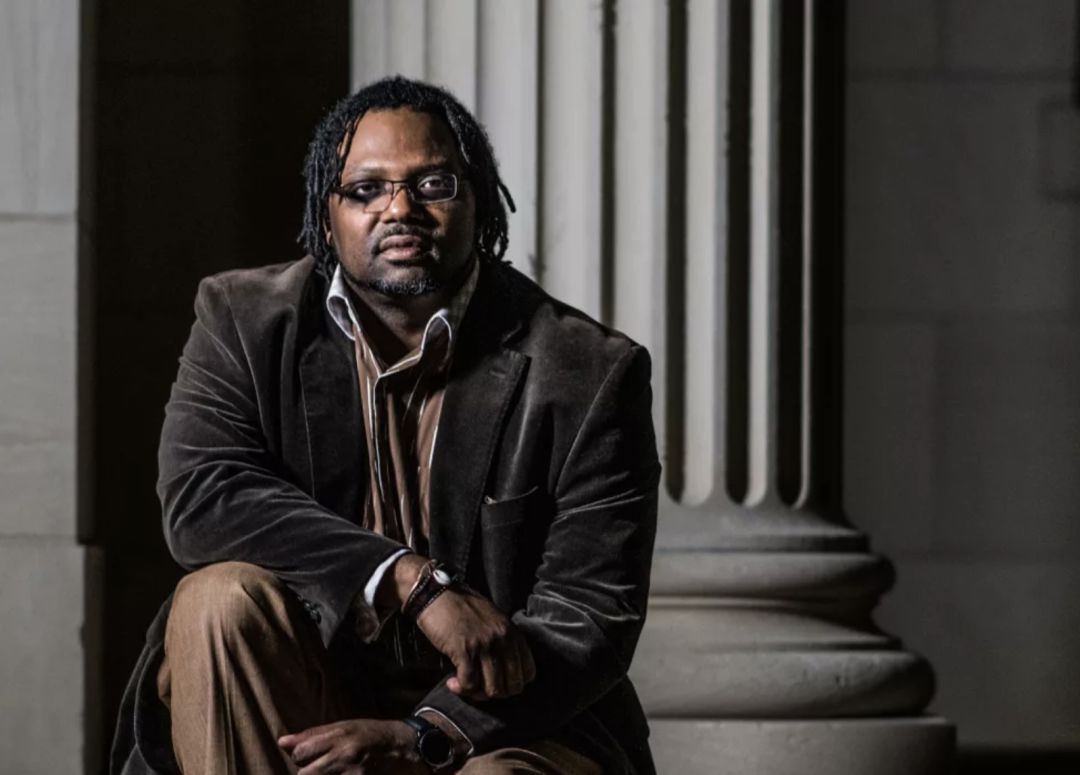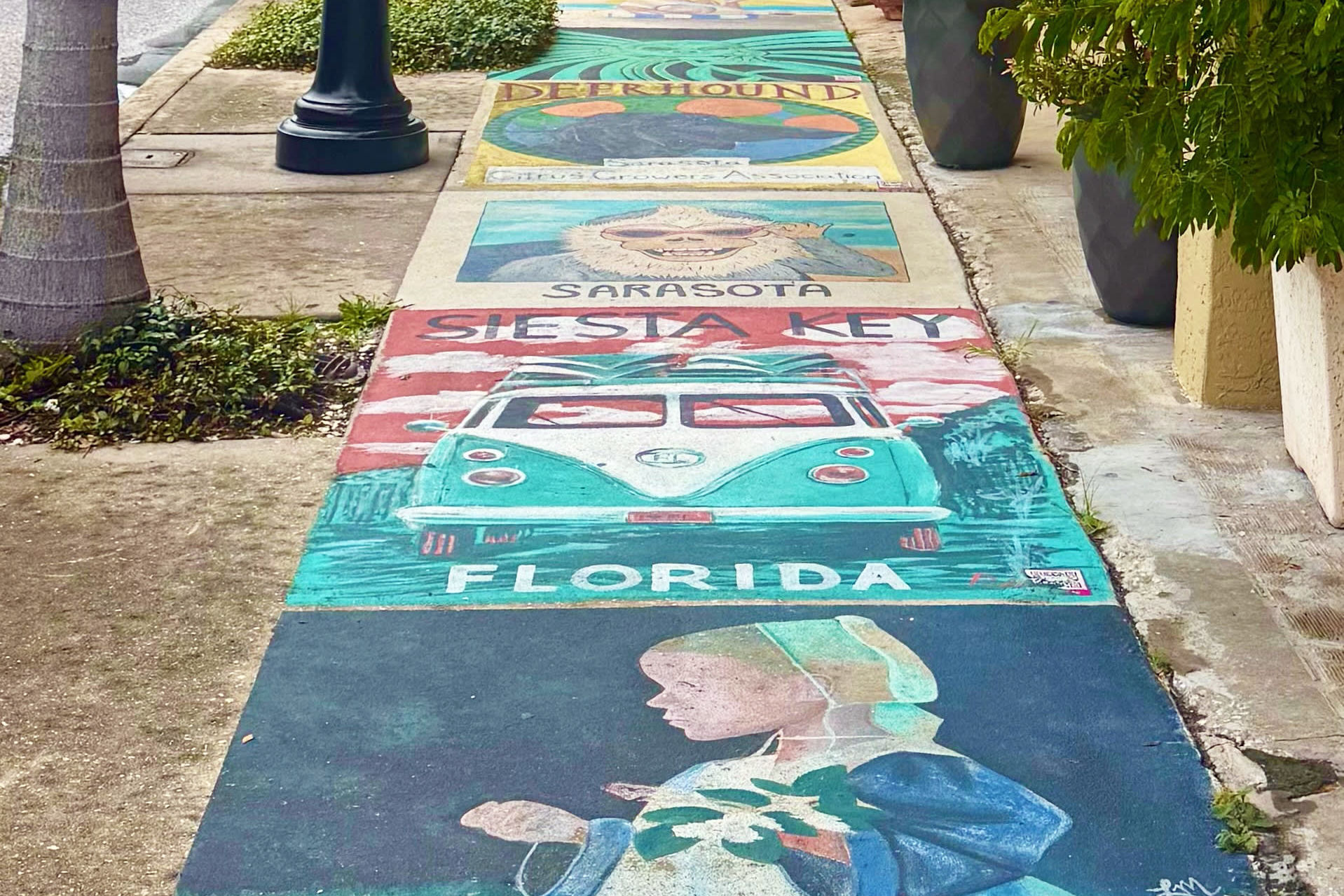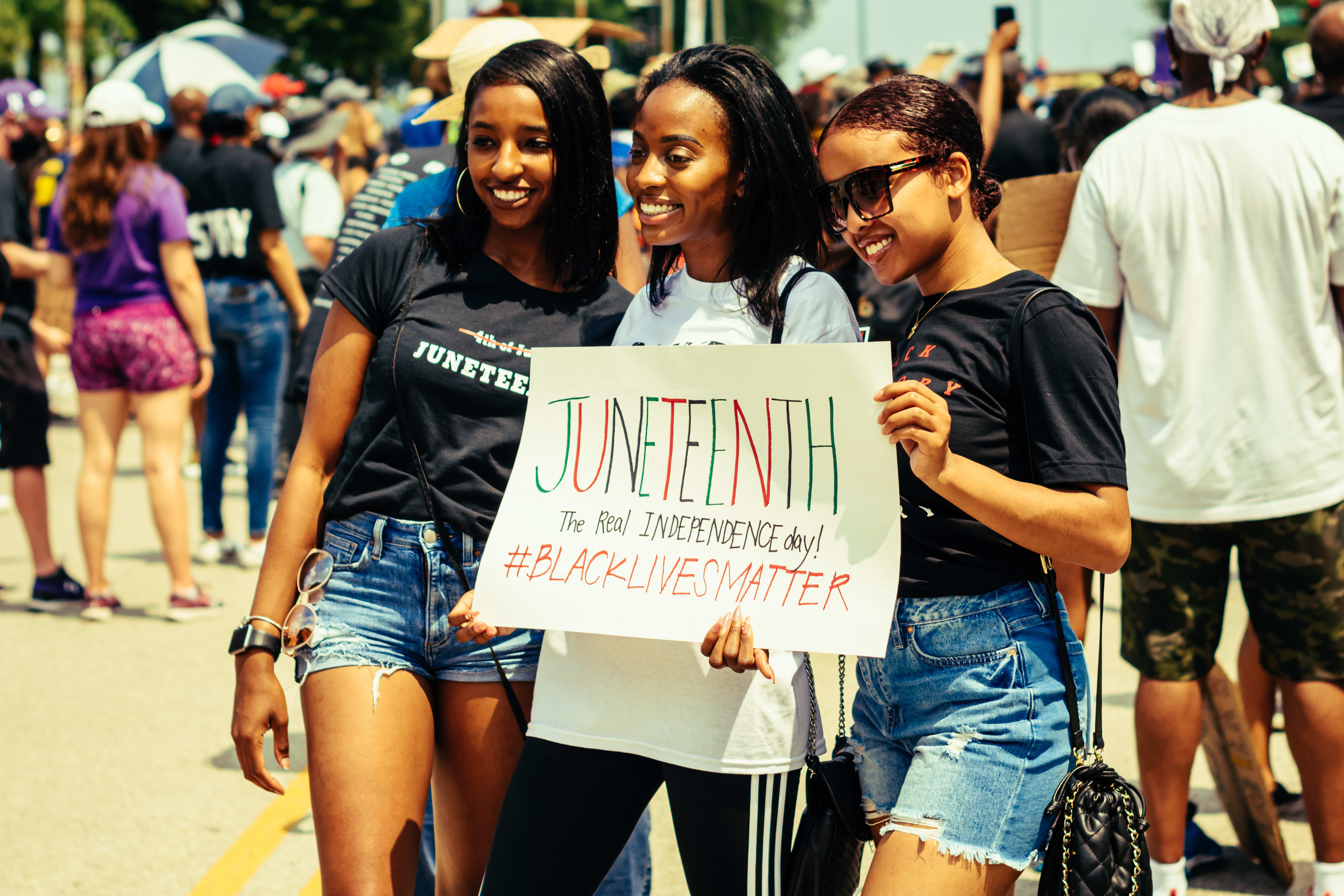Recent Voter Fraud Arrests Threaten to Keep People Away From the Polls

Image: Gigi Ortwein
In 2018, the voters of the state of Florida overwhelmingly passed Amendment 4, restoring the right to vote for more than 1.4 million former felons. Prior to this amendment, Florida was one of four states that permanently disenfranchised felons from regaining their right to vote even after they served their sentence. The bipartisan amendment was celebrated as a victory for democracy. So why are Florida citizens who thought their rights had been restored getting arrested for casting a ballot?
In August, Gov. Ron DeSantis announced the arrest of 20 people who had allegedly voted illegally in the 2020 election. DeSantis promised this was “just the first step” in a broader statewide eradication of voter fraud.
In October, police camera footage of the arrests was made public.
“The video was shocking,” says Demetrius Jifunza, the founder of the Sarasota chapter of the Florida Rights Restoration Coalition, the organization that put Amendment 4 on the ballot and campaigned for its passage. One clip showed confused officers handcuffing an even more confused elderly woman. In another, a man in the back of a police car asked, “Why would you let me vote if I wasn’t able to vote?”
“I’m not sure, buddy,” an officer responded. “I don’t know.” At one point, an officer said, “I’ve never seen these charges before in my entire life.”
Jifunza doesn’t think the timing of these arrests is accidental. “We're closer to the midterms,” he says. “We see more of these type of tactics to discourage people from voting.” While Jifunza isn’t aware of any Sarasota County voters who have been arrested for voter fraud, there is growing concern that these arrests will scare people who have had their voting rights restored into not participating in the upcoming election.

Demetrius Jifunza
Image: Everett Dennison
This is not the first roadblock Amendment 4 has faced. When the amendment passed, the language stated that all former felons, with the exception of those convicted of murder or felony sex offenses, who had completed any sentence, parole or probation, would have their voting rights automatically restored. But when DeSantis took power, he and the Republican-controlled Florida Legislature added a controversial measure that required felons to pay back all fines and fees related to their sentence before they could regain their rights. The measure cost Florida taxpayers $2.4 million in court fees.
To make matters more complicated, the new law made it difficult for returning voters to know their status because of a byzantine county-by-county patchwork of court records that doesn’t coordinate with state records. Jifunza saw the confusion firsthand.
“Many individuals thought they had paid their fines,” he says. “Some of the fines and fees are so old, we couldn’t locate them. Somehow, this new election task force was able to find these old fees and use them to arrest these people."
DeSantis claimed that the people arrested were convicted of murder and sex felonies and therefore not eligible to vote (and unlikely to garner much sympathy), but many of them were arrested for not paying off fines and fees.
It is unclear if these voter fraud charges will stick. DeSantis’ task force needs to prove in court that the the accused willfully and knowingly committed voter fraud. Already, a Miami judge has dismissed election fraud charges against one man.
“That is going to have a domino effect on the rest of the cases,” Jifunza says. “When we did voter outreach, we were adamant about which individuals were allowed to vote and which weren’t. I don’t think anyone with any good conscience would go ahead and vote knowing that they were committing a felony and could possibly face jail time.”
Still, until the court decides their fate, the 19 others accused of voter fraud face up to five years in prison and $5,000 in fines. Compare that to the cases of four residents of The Villages who were charged with voting twice. One of the defendants still awaits trial, but the three others entered a pretrial diversion program that required them to attend and pass a 12-week adult civics course.
Neil Volz, the deputy director of the Florida Rights Restoration Coalition, emphasizes that restoring felons’ right to vote is not partisan—it’s humanitarian. “This is not a Democrat or Republican issue,” Volz says. “If you look at the demographics of those incarcerated, it’s mostly men without college degrees, and they tend to be conservative, so the argument this just benefits Democrats doesn’t add up.”
Jifunza doesn’t want potential voters to be discouraged or think that the fight is over. “Many people have come to me and questioned the momentum of former felon rights,” he says. “We are still out there fighting for your civil rights. Do not let them stop you from exercising your constitutional right.”
To find out if you or someone you know qualifies to have your rights restored, visit floridarrc.com.



